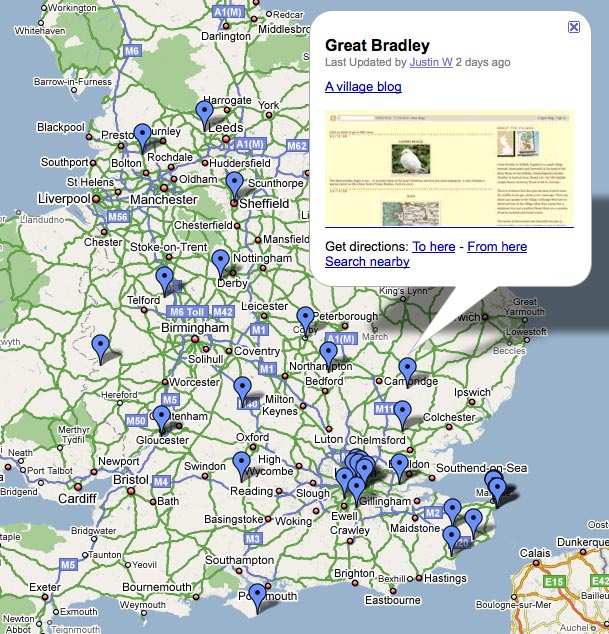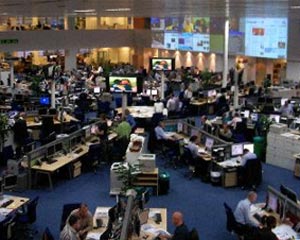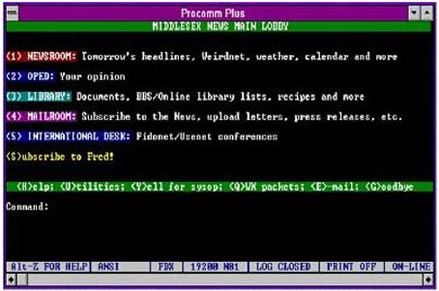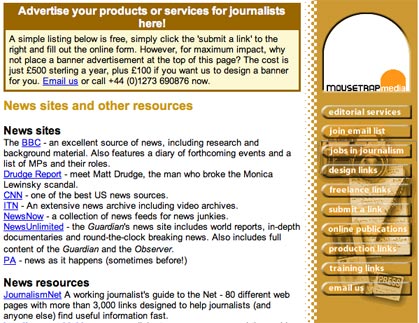It has not been officially confirmed or denied, so speculation is rife as to whether the Telegraph paid for the information that has provided a whole host of stories for the newspaper on MPs’ expenses.
The Press Association reports here on the Commons Authority’s call for a police investigation of the leak.
“(…) [L]awyers said that, if claims the paper paid up to £300,000 for the information ‑ reportedly contained in a computer disk stolen from the parliamentary fees office ‑ were accurate, both the mole and the paper remained at risk of criminal prosecution.”
The Telegraph press office directed Journalism.co.uk to the television interviews with TMG’s assistant editor, Benedict Brogan, when we asked them for the official response to the claims.
“The Daily Telegraph declined to say how it obtained the information amid speculation the paper may have paid up to £300,000 for the leak.”
Roy Greenslade says his knee-jerk reaction was to think ‘scandal,’ upon the reports of the payment.
But, on second thoughts, Greenslade decides the contents of the disc ‘are definitely in the public interest’ and concludes:
“Finally, let’s also admit that the Telegraph story has dominated the rest of the media ever since it broke. We have all benefited from the story. Isn’t that justification enough, both for its publication and the way it was obtained?”
Greenslade is also clear in his view that the story is a ‘revelation’ rather than an ‘investigation’. Also, in a later comment he states:
“My posting is based on the premise that the Daily Telegraph paid. There is no proof of that, as yet, however. I certainly think the idea that the paper paid £300k or even half that is absurd. I’d imagine, if money has changed hands, it’s much more likely to be five figures.”
Benedict Brogan, Telegraph assistant editor, on his blog, urges his readers not to be ‘steered off course’ by allegations:
“There’s been a lot of speculation about the sourcing of this undertaking, and allegations thrown about by Sir Stuart Bell and Peter Mandelson. The politicians quite understandably want this to become a story about the media. Treat what they say as chaff, mere puffs of silver shredded paper designed to steer you off course and away from the central issues which they continue to misrepresent.”
Please leave your comments, and other relevant links below…



